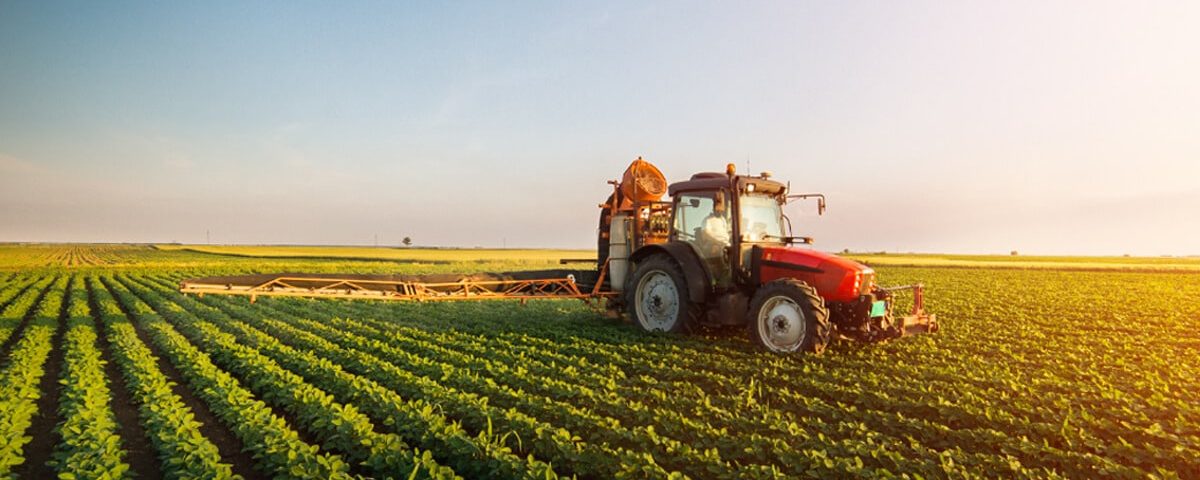
How to Fix the Error Establishing a Database Connection in WordPress
June 10, 2020
Deleting directories with files – Linux Commands
June 12, 2020Farming was part of the education syllabus in many institutions in Africa in the ’80s. Students were mandated to enroll in compulsory agricultural science. The practicals were extended to arable lands, were students learned practical farming skills. Most of these students were expected to lead future agro-business in the farming industries.
However, importing some of the goods that can be farmed in some African countries was not the success story that was envisioned when agricultural education was promoted in African schools. Most Africans related farming to dirty business with no real returns, which made many parents divert the interest of their children from agriculture to business and sciences.
With several graduates fighting for the same jobs in the humanities and sciences field, many are starting to turn to old African trades.
When asked, if there is any real return in agriculture, it is not enough to want money, some level of passion is needed to balance the trade but there are many reasons to invest in agriculture: it is a low-risk investment that keeps pace with inflation and increases in value over the long-term, it is a tangible asset that provides benefit to the community, and it can diversify a portfolio.
According to Forbes.com, farmland represents a nearly $9 trillion market globally and has historically high returns. Agriculture is necessary globally to feed people and animals alike, so many see investing in farmland as recession-proof. While investing in a farm specifically isn’t for everyone, there are a few options for people who are interested in this type of investment.
In short, people will always need to eat. Both livestock and crops contribute to the global need for nourishment. Additionally, scientists are finding new ways to create fuel from plants and other ways to use vegetables. The global population is growing, and so will the need for sustainable agriculture. Agriculture is a commodity and is mostly recession-proof due to the constant demand for food.
But how exactly does an investment like this make money? Depending on the investment and the type of farm, investors can profit in several different ways. We’ve covered five of the most common ways agriculture generates returns below.
1) Yield
Investors can make money from cash flow from crops that are harvested, and animals. Most animals and crops are annual, but in some locations there can be multiple yields in crops and animals per year. In certain cases, these yields are secured via long-term contracts with tenant farmers or from customers who agree to purchase the crops. Same with animals that have a quick return, sold to butcheries, or traded on auction markets. It is also important to note that animal and crop insurance, which protects the farmer in the event of a catastrophe, also protects the investor. This means that even if animals die, or crops are destroyed, which can lead to revenue declines due to declines in commodity prices, the farmer will still receive funds with which they can pay their lease.
2) Land Appreciation
Farmland is not a limited resource in Africa as compared to the UK and USA, where most of the arable lands are already in use. Farmable land has decreased due to urban sprawl and land development, making the remaining land even more valuable. Because of this, farmland is appreciating value, which is beneficial for investors. Residential development can also cause farmland to increase in value; if the land is located close to a residential area, the land value increases with the potential to sell the land as development encroaches.
3) Forced Equity
Much like in real estate, an investor can add value to their property by making improvements. In agriculture, this can include turning raw land into crops or pastureland. Also, swapping out lower end crops such as commodity or row crops to higher-end crops like trees, or converting farmland from conventional farming to higher return organic farming can increase the value of the investment. Equity can also be built by improving the buildings and infrastructure on the land. These changes will increase the value of the land and can lead to larger profits when the investor decides to sell it.
4) Other Income
There are many different ways to generate income on farmland, and many of them are unrelated to the crops being grown. If the farmland contains a large body of water, water rights can be sold or rented. For farmland that is located near a major road, there may be an opportunity to generate income from billboards placed on the land or from cell and radio towers that are built. In some cases, it may be possible to sell recreation or hunting leases on timberland or near waterways.
5) Principal Pay Down
In addition to forced equity, farmland can naturally accumulate equity in a similar way that real estate accumulates equity as mortgage payments are made. If there is a note (debt) on the land, income from the farm will be used to pay down the principle, and equity will begin to accumulate.
Investing in agriculture may not provide immediate returns, but over the long-term, it can pay off greatly. There is much less volatility in farmland and timberland than in other types of investments, meaning adding agriculture to your investment portfolio can provide continual stability with the potential for an annual income.
These are some of the reasons why agricultural investments are becoming an avenue of interest for many unemployed and people looking for new investment opportunities. Farming is no more a dirty business, but a venture with higher returns.
Farms are growing, and technology is contributing to a more consistent yield. Information Technology is making everything from the supply chain to finance farm management more seamless and less risky by leveraging data.
Automation has made farms more efficient and can leverage data to optimize production cycles. Robotics and use drones to fertilize, and autonomous driving capabilities allow tractors to self-drive.
If you are interested in starting a farming business (crop or animal farming) you can contact me for business consultation.
Some extracts in the article are from my book, Bulls by the balls and invest site, HarvestReturns




